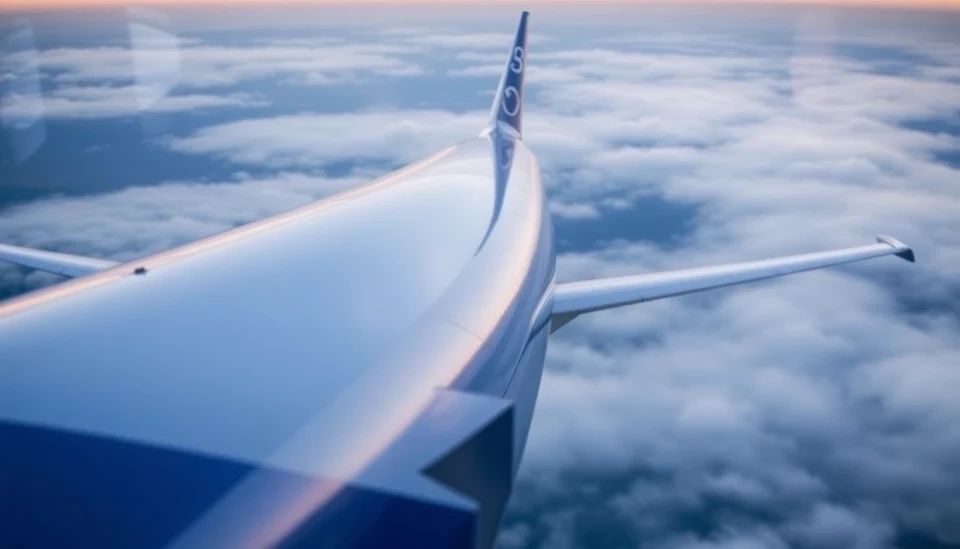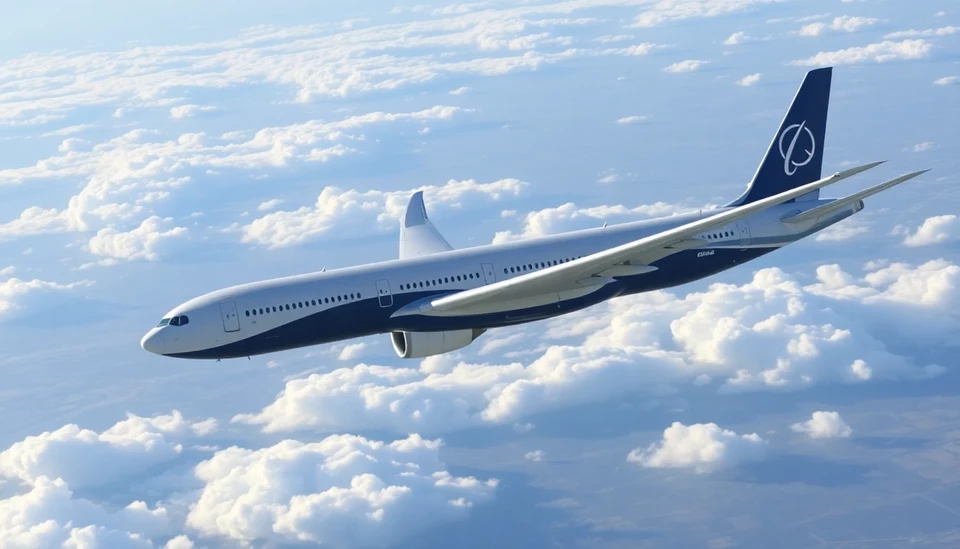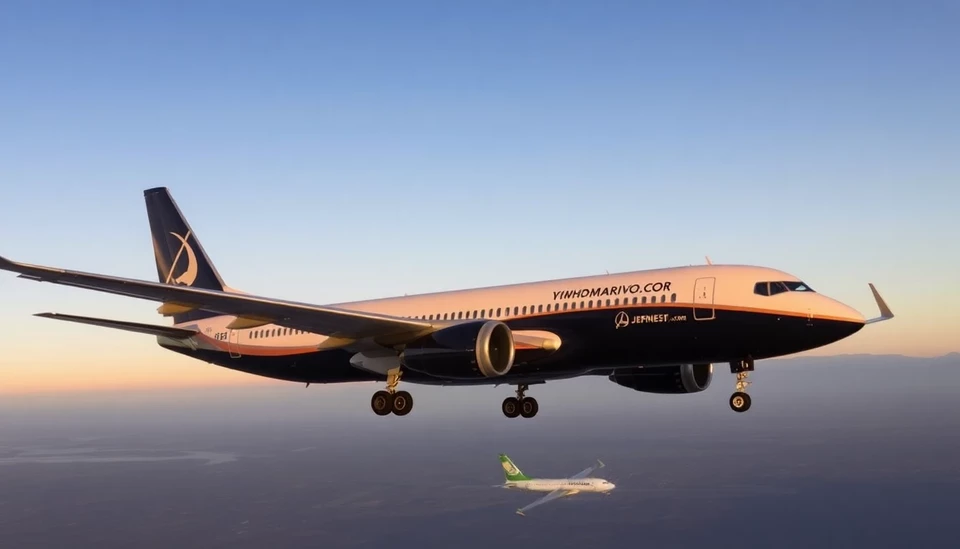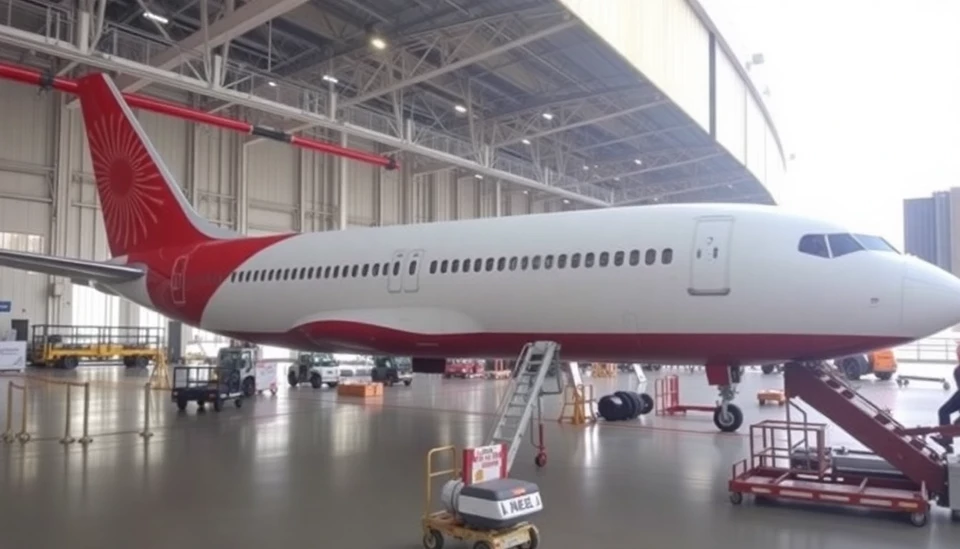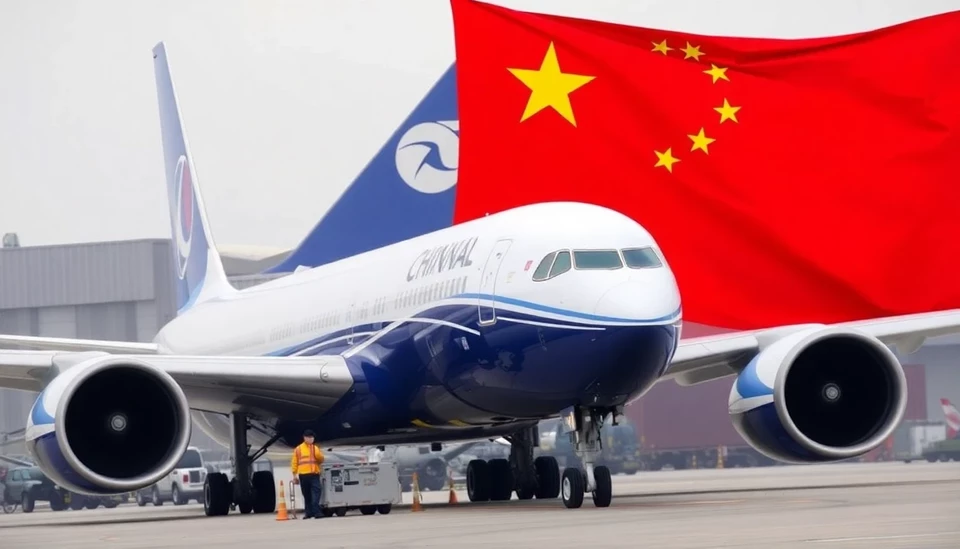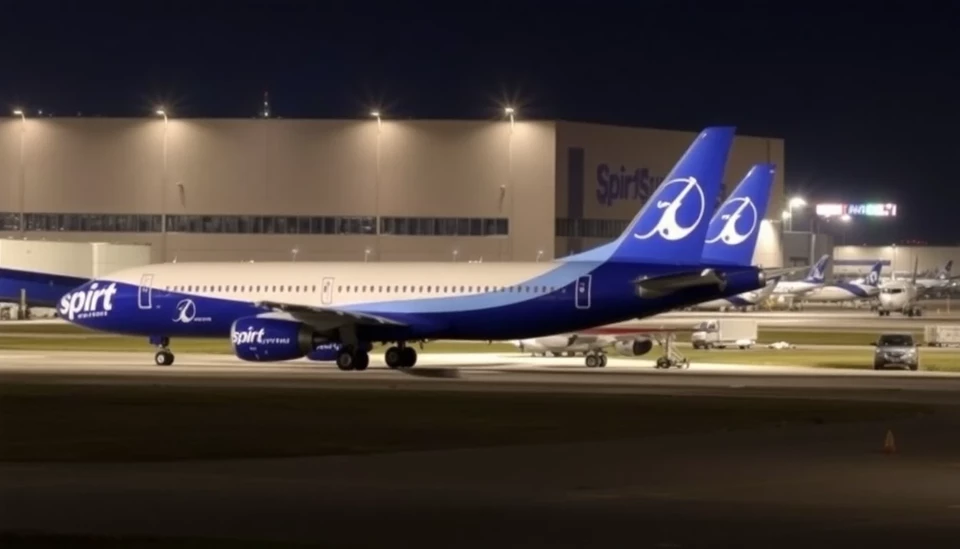
The ongoing labor negotiations and strike action affecting Boeing have begun to ripple through its supply chain, with Spirit AeroSystems announcing the potential furlough of a significant number of workers. This announcement amplifies concerns about the broader implications of the strike on the aerospace industry, highlighting how interconnected these global manufacturing operations are.
Spirit AeroSystems, one of Boeing's largest suppliers, revealed that it is preparing for possible furloughs due to the anticipated reduction in production schedules induced by the strike. This situation arises amid ongoing negotiations between Boeing and the International Association of Machinists and Aerospace Workers (IAM), which started striking on October 14 after failing to reach a new labor agreement.
For Spirit, which produces essential fuselage and wing components for Boeing's 737 and 787 models, the stoppage at Boeing is poised to significantly affect its operations. Company officials stated that if the strike persists, they will proactively adjust their workforce to align with the decreased demand for parts. This approach could involve cutting back hours or temporarily laying off workers, a move that underscores the challenging circumstances faced by suppliers in the aerospace sector.
The IAM strike at Boeing involves approximately 37,000 workers demanding better pay, job security, and improved working conditions. The union's ability to leverage this industrial action has instigated vital discussions about labor rights and the economic pressures faced by workers, especially in light of soaring inflation and rising living costs.
Beyond Spirit AeroSystems, analysts are now assessing the potential fallout on the broader supply chain as the strike extends. The aerospace industry is particularly vulnerable due to a complex web of supplier relationships, and any significant disruption can lead to production delays, increased costs, and ultimately impact airline operations globally.
As the strike continues to unfold, Spirit AeroSystems' workers and those across the Boeing supply chain are bracing for what could be months of uncertainty. Industry experts warn that prolonged industrial action not only jeopardizes jobs but also hampers recovery in an industry still navigating the aftermath of the pandemic.
In response to the turmoil, some economists are calling for a closer examination of labor relations within the aerospace sector, emphasizing the need for sustainable solutions that prioritize worker welfare while ensuring that companies remain competitive in an increasingly global market.
As this situation develops, all eyes remain on Boeing’s negotiations and the potential duration of the strike, as both will critically define the future trajectory of the aerospace industry and its workers.
#Boeing #SpiritAeroSystems #AerospaceStrike #LaborRights #IAM #Manufacturing #AerospaceIndustry
Author: Samuel Brooks
